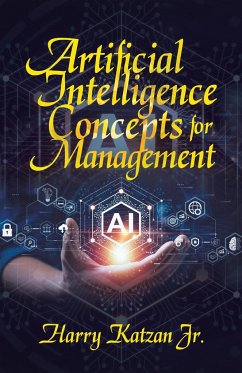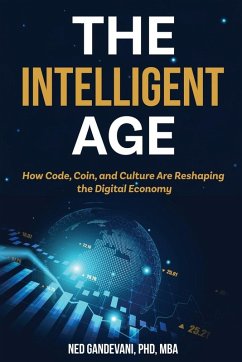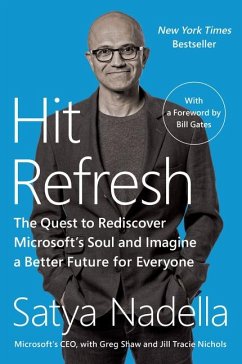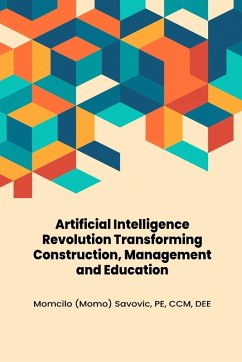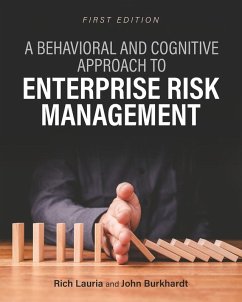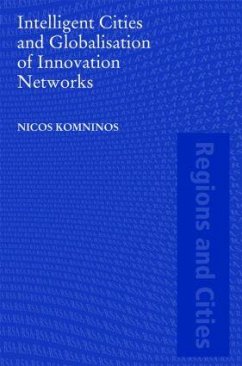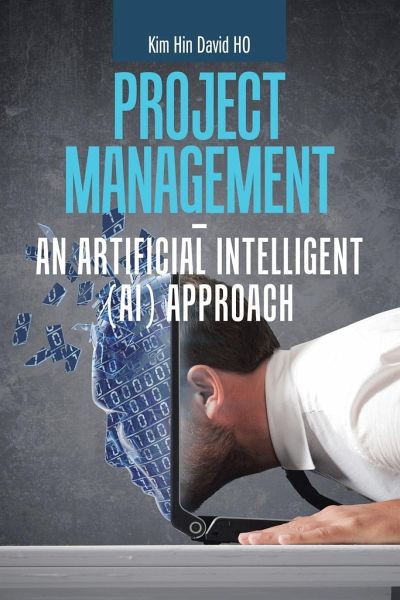
Project Management - an Artificial Intelligent (Ai) Approach
Versandkostenfrei!
Versandfertig in 1-2 Wochen
17,99 €
inkl. MwSt.
Weitere Ausgaben:

PAYBACK Punkte
9 °P sammeln!
This book is a novel treatment of modern project management from artificial intelligence (AI), entailing data analytics, neural networks, fuzzy logic, genetic algorithms; and data visualisation deploying agent based modelling for the knowledge based urban development (KBUD). The book can be adopted by design engineers, urban planners, project managers, quantity and real estate surveyors, public and private real estate developers, architects and scholars. Chapter 1 discusses that the traditional statistical method, which needs a priori parametric knowledge of linear or non-linear functions betw...
This book is a novel treatment of modern project management from artificial intelligence (AI), entailing data analytics, neural networks, fuzzy logic, genetic algorithms; and data visualisation deploying agent based modelling for the knowledge based urban development (KBUD). The book can be adopted by design engineers, urban planners, project managers, quantity and real estate surveyors, public and private real estate developers, architects and scholars. Chapter 1 discusses that the traditional statistical method, which needs a priori parametric knowledge of linear or non-linear functions between the input and output variables. Nneural networks do not need such information to predict future possible outcomes. Chapter 2 reiterates that new private office and residential supply like in Hong Kong depend on current market prices, relative to the replacement or building costs. The market should equate prices with replacement costs that include the cost of land. Prices and costs may diverge because of lags and delays in the building process. Chapter 3 discusses the specific tasks to be planned to develop life cycle models and metrics to analyse technology and innovation. Such models can look into life cycle cost analysis (LCA). Chapter 4 draws attention to the trend that in a highly volatile world, the best point estimate of classical DCF model is not a reliable indication of investment worth. The fuzzy discounted cash flow (DCF) model offers a natural and intuitive way, based on a set of fuzzy inputs. The fuzzy net present value (NPV) for an office-cum-retail development is so estimated to provide the approximated evaluation of investment worth. Chapter 5 discusses the fuzzy tactical asset allocation (FTAA) model, incorporating intuitive decision making into the direct real estate project (asset) allocation process, from the expert investor prospective. The FTAA model improves the efficiency of asset allocation, adopting fuzzy set theory and fuzzy optimization theory. Chapter 6 reiterates that today's city planners see the KBUD strategy as a new form of urban renewal for industrial cities. Planners believe KBUDs bring economic, technological progress and sustainable socio-spatial order to the contemporary city. Chapter 6 addresses the need for an urban design criterion that aids in efficient land use planning for KBUDs.






